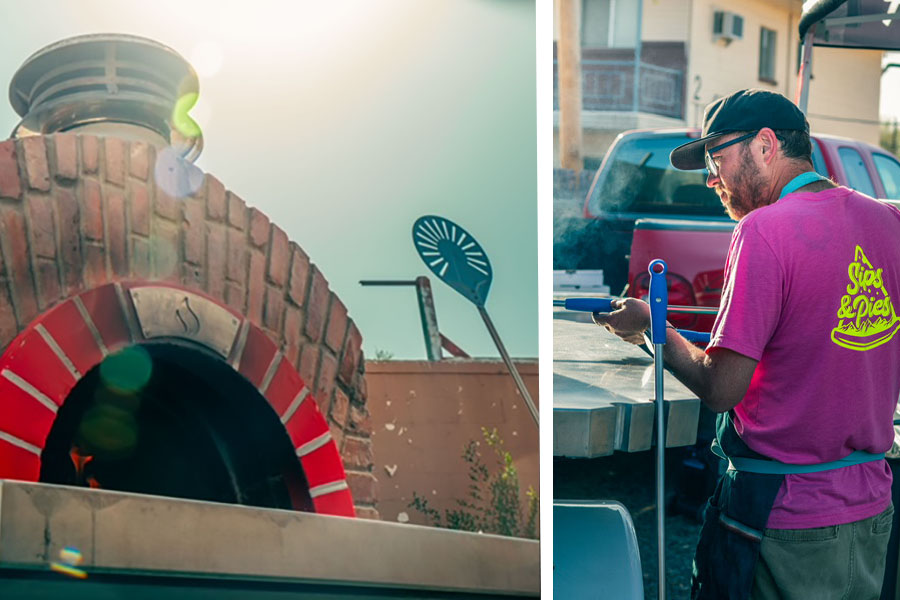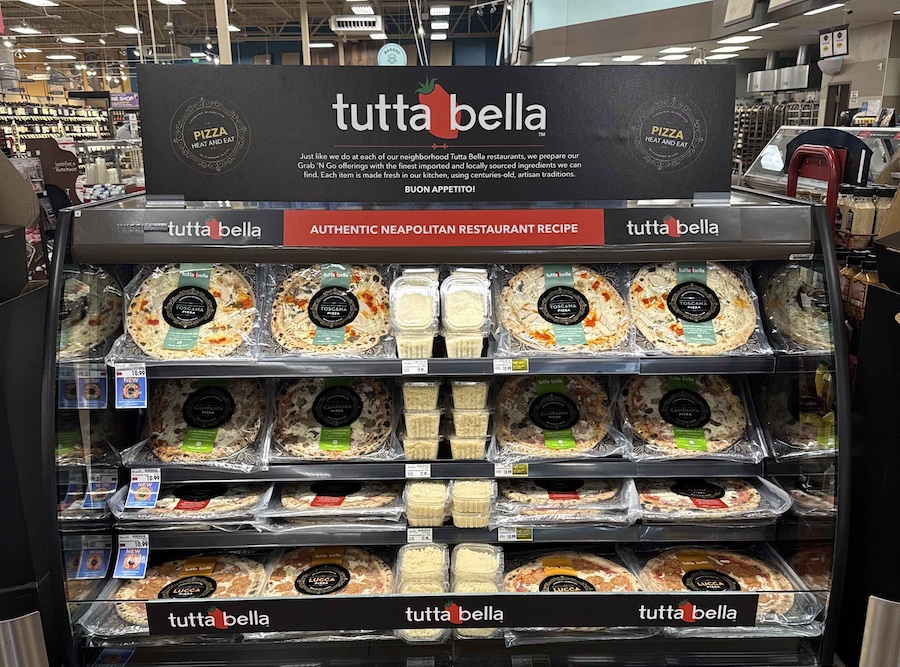 Keep your drivers — and the public — safe by checking job applicants’ pasts
Keep your drivers — and the public — safe by checking job applicants’ pasts
Delivering a pizza means more than just getting the fresh hot pie to the customer quickly. Operators have to make sure their delivery drivers do not harm anyone through a vehicular accident or a crime. One way to help prevent these events is by checking the prospective driver’s past.
“There is a need to deliver great service, and that falls under the umbrella of safety and security for our employees, customers and the general public,” says Jesus Romo, vice president of operations for Austin, Texas-based Gatti’s Pizza. “We have filters of when we decide to give someone the opportunity to deliver pizza.”
Gatti’s Pizza has 18 corporate locations and 100 franchised locations. The franchises are dine-in only, and the corporate units offer delivery. Romo says the filters include screening criteria, such as Motor Vehicle Reports (MVR), insurance checks and vehicle inspections.
These filters not only help keep the roads safe, but can also help protect operators from legal actions if a driver commits a crime or gets into a wreck when delivering a pizza. Pre-screening delivery drivers might also help you buy insurance.
“The real issue is the employer is variously liable for the negligence of his employees,” says Keith George, managing director for Camp Hill, Pennsylvania-based AmWINS Program Underwriters, Inc., which offers the PizzaPro insurance program. “If you hire somebody who has a bad driving record and they are involved in an accident, then it becomes a negligent hiring.”
George says there are four items that PizzaPro examines when evaluating whether to insure the restaurant: the MVR from the state in which the delivery driver resides; a criminal background check; the driver’s personal auto liability coverage and the employer’s visual inspection of the vehicle.
Some operators hire a third party to conduct these checks, while others handle certain checks themselves. At the very least, make sure the person has no serious moving violations. “We recommend the driver bring his motor vehicle record to the interview,” says Cheryl Downey, senior vice president of Hospitality Group Programs for EPIC Insurance in San Ramon, California. “We always ask for evidence of the driver’s insurance, covering the vehicle he’s going to be driving. They may bring a different car to the interview.”
She adds that the operator should still buy non-owned vehicle insurance. If the delivery driver gets into a wreck, the employee’s insurance company may decline to cover damages incurred during a work-related trip, especially for young people using their parents’ policy. Also make sure the would-be driver is 18 or older, per U.S. Department of Labor rules.
Asking job applicants to bring their own MVR can save you time and money, but there are risks. “You will trust they will bring the report to you unaltered,” says Scott Hall, senior vice president and COO for First Point Information and Background Screening Services in Greensboro, North Carolina.
The interviewee can also bring their own criminal records, which they can get from the county courthouse. The risk is that the person will bring the record from a county in which they never committed a crime, and leave out other counties where they lived, where they might have committed crimes.
Hall, who serves on the board of directors for the National Association of Professional Background Screeners, says it pays to hire a background screening company to check the job applicant’s past. “We’re talking about $40 or $50 for a background screening report,” Hall says. “Make that investment.” The NAPBS offers accreditation for consumer reporting agencies (CRA) and has a list of these firms on its Web site.
In addition to the MVR, Hall also recommends getting a criminal background check. Consumers expect to be safe, and their kids to be safe, when they open the door to the delivery person. A professionally conducted background check will determine if the person has been convicted of assault, sex crimes and other serious infractions.
Hall also recommends getting a credit check. A driver who does not have huge debts will likely not be tempted to steal money or the customer’s credit card information. Check with your screening company, or with your attorney, about whether your state allows credit checks for employment screening.
The screening doesn’t end when the person is hired. “The company we work with sends us an update every week,” says Romo, from Gatti’s Pizza. That way, the manager knows whether the delivery driver got into an accident away from the job, their insurance expired or something happened that indicates the person is an unsafe driver.
George says some point-of-sale systems allow the manager to input the date the driver’s personal auto insurance will expire. If the date passes without the employee showing the manager the insurance was indeed renewed, the POS does not allow the employee to clock in.
These tasks will help with risk mitigation, says Hall, from the NAPBS. Think about what often happens when an employee commits a crime. “The media asks the business owner, ‘What kind of background check did you do?’ If the owner says, ‘I looked at Google,’ I don’t know how well that will play.”
Tip: Be Safe, Be Legal
Employers who use third-party screeners must inform job applicants about the impending tests. Bill C. Berger, an attorney with Brownstein Hyatt Farber Schreck LLC in Denver, explains that employers have to comply with the Fair Credit Reporting Act (FCRA). “There is a required series of documents that give notice to the person that you are going to do the check,” he says.
The first document gets the person’s consent in writing. Another document, a pre-adverse action notice, indicates that the background check uncovered a problem and you intend to withdraw the job offer. You have to give the applicant a copy of the report, which shows them that, for example, someone with their name committed a felony. The person has an opportunity to clear up the negative report, such as prove that the criminal was someone else with the same name. If they fail to do this, you must provide an adverse action notice, which tells them you withdraw the job offer.
Berger adds that employers can require drug screenings, even in states such as Colorado and Washington, which recently legalized marijuana.
Nora Caley is a freelance writer specializing in food and business topics. She lives in Denver, Colorado.
 Keep your drivers — and the public — safe by checking job applicants’ pasts
Keep your drivers — and the public — safe by checking job applicants’ pasts





